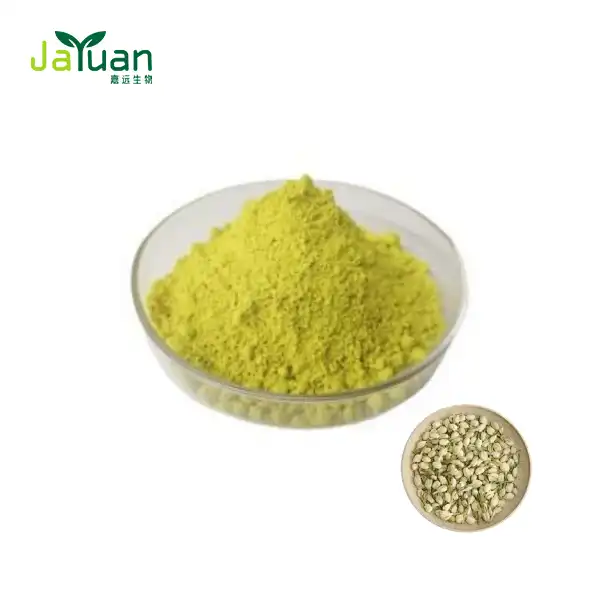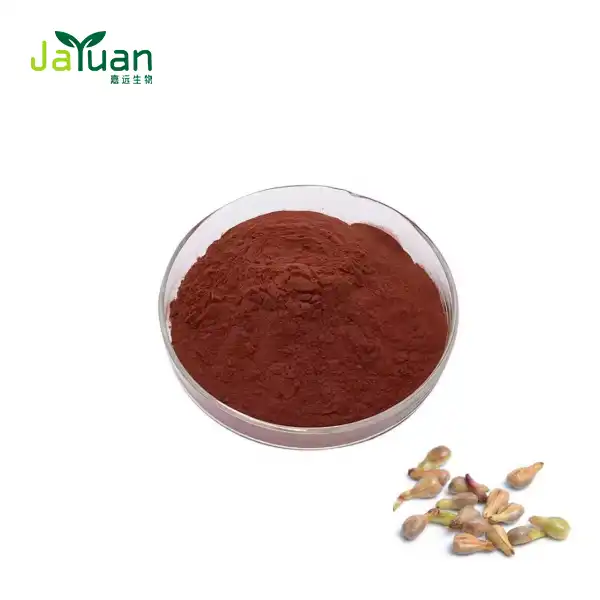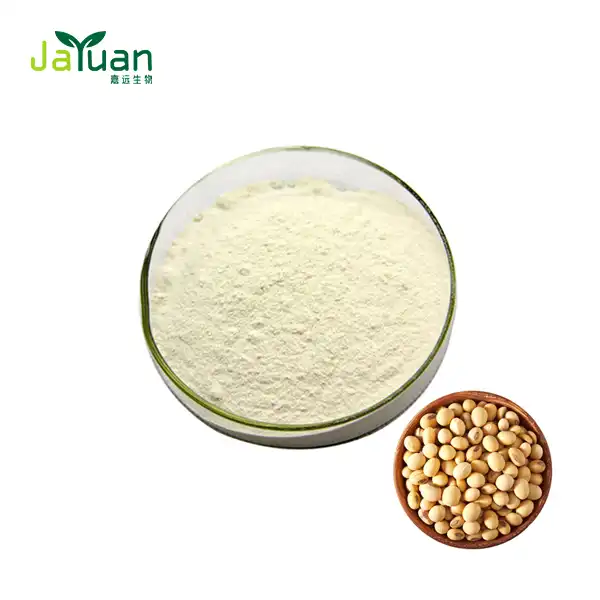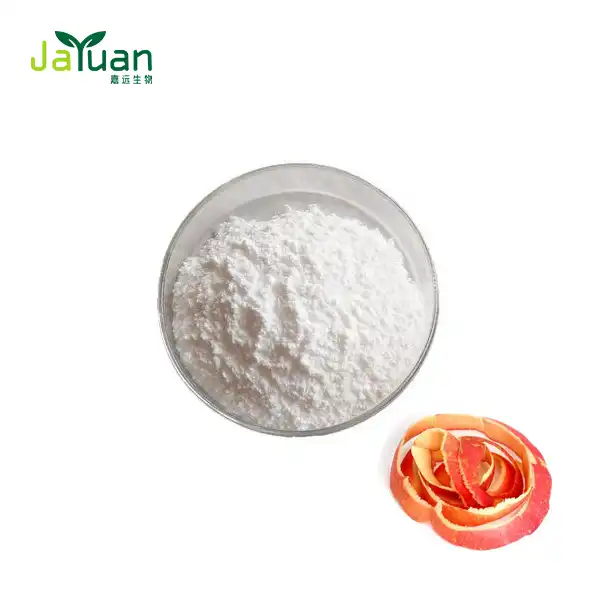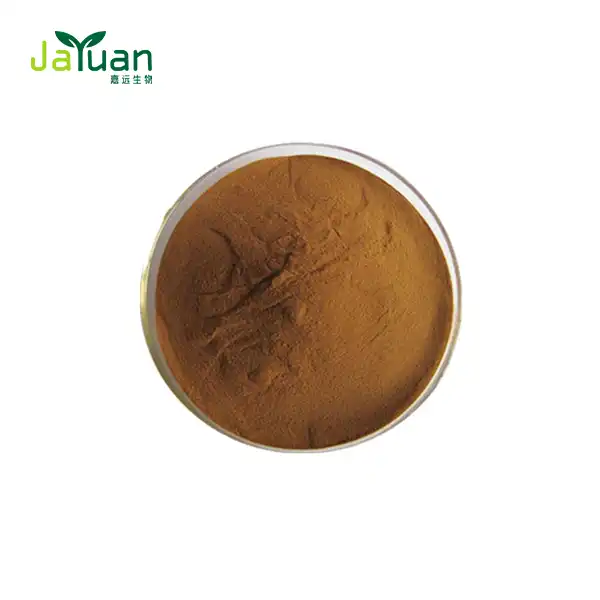How Does Oyster Peptide Support Immune and Antioxidant Functions?
Oyster peptides have gained significant attention in recent years for their potential health benefits, particularly in supporting immune function and providing antioxidant properties. These bioactive compounds, derived from oysters, offer a unique blend of nutrients that may contribute to overall well-being. In this article, we'll explore the fascinating world of oyster peptides and their role in bolstering our body's defenses and fighting oxidative stress.

Do oyster peptides boost immune system response?
The immune system is our body's primary defense against harmful pathogens and environmental stressors. Oyster peptide powder has shown promising results in supporting and enhancing immune function through various mechanisms.
One of the key ways oyster peptides may boost immune response is by stimulating the production and activity of immune cells. These peptides can potentially increase the proliferation of lymphocytes, which are crucial components of our adaptive immune system. Lymphocytes, including T-cells and B-cells, play a vital role in recognizing and neutralizing specific threats to our body.
Moreover, oyster peptides may enhance the activity of natural killer (NK) cells. NK cells are part of our innate immune system and act as the first line of defense against various pathogens and abnormal cells. By potentially increasing the cytotoxic activity of NK cells, oyster peptides could help improve the body's ability to identify and eliminate potential threats more efficiently.
Another way oyster peptides may support immune function is through their anti-inflammatory properties. Chronic inflammation can weaken the immune system over time, making it less effective in responding to threats. The anti-inflammatory effects of oyster peptides may help maintain a balanced immune response, potentially reducing the risk of immune system overactivation or suppression.
It's important to note that while these findings are promising, more research is needed to fully understand the extent of oyster peptides' impact on immune function in humans. As with any dietary supplement, it's always best to consult with a healthcare professional before incorporating oyster peptide supplements into your routine.

Antioxidant properties of oyster peptides: How do they work?
Oxidative stress is a significant contributor to various health issues and the aging process. It occurs when there's an imbalance between free radicals and antioxidants in the body. Oyster peptides have demonstrated impressive antioxidant capabilities, which may help combat oxidative stress and its harmful effects.
The antioxidant properties of oyster peptides work through several mechanisms:
- Free radical scavenging: Oyster peptides can directly neutralize free radicals, preventing them from causing damage to cellular structures. This action helps protect proteins, lipids, and DNA from oxidative damage.
- Metal chelation: Some oyster peptides have shown the ability to chelate metal ions, such as iron and copper. By binding to these metals, the peptides can prevent them from participating in reactions that generate harmful free radicals.
- Enzyme inhibition: Certain enzymes in our body can contribute to the production of free radicals. Oyster peptides may inhibit the activity of these enzymes, thereby reducing the overall oxidative burden on cells.
- Enhancing endogenous antioxidant systems: Our bodies have natural antioxidant defense mechanisms, including enzymes like superoxide dismutase (SOD) and glutathione peroxidase (GPx). Some studies suggest that oyster peptides may boost the activity of these endogenous antioxidant systems, further enhancing our body's ability to combat oxidative stress.
The antioxidant effects of oyster peptides are particularly interesting because they may offer a more targeted and efficient approach compared to traditional antioxidant supplements. While many antioxidants work primarily by scavenging free radicals, oyster peptides appear to have a multi-faceted approach to combating oxidative stress.
This comprehensive antioxidant action may contribute to various potential health benefits, including supporting cardiovascular health, promoting skin health, and potentially slowing down some aspects of the aging process. However, it's crucial to remember that these effects have primarily been observed in laboratory and animal studies, and more human trials are needed to confirm these benefits conclusively.
Role of zinc and selenium in oyster peptides for immunity
While the peptides themselves offer numerous potential benefits, it's worth noting that oysters are also rich sources of important minerals, particularly zinc and selenium. These minerals play crucial roles in supporting immune function and antioxidant defenses, potentially enhancing the overall benefits of oyster peptide powder.
Zinc is an essential mineral that plays a vital role in immune function. It's involved in the development and function of immune cells, particularly T-lymphocytes. Zinc deficiency can lead to impaired immune response, making the body more susceptible to infections. Oyster peptides, being derived from oysters (one of the richest natural sources of zinc), may provide a bioavailable form of this crucial mineral.
Some ways zinc supports immune function include:
- Promoting the development and function of neutrophils and natural killer cells
- Supporting the production of cytokines, which are important signaling molecules in the immune system
- Assisting in the activation of T-lymphocytes, which are crucial for cell-mediated immunity
Selenium is another mineral found in oysters that plays a significant role in both immune function and antioxidant defenses. Selenium is a key component of several important enzymes, including glutathione peroxidase, which is one of the body's primary antioxidant enzymes.
The immune-supporting and antioxidant properties of selenium include:
- Enhancing the production and activity of T-lymphocytes and natural killer cells
- Supporting the body's antioxidant defenses through its role in glutathione peroxidase
- Potentially reducing inflammation by modulating the production of certain inflammatory molecules
The combination of these minerals with the bioactive peptides in oyster extract may create a synergistic effect, potentially enhancing the overall immune-supporting and antioxidant properties of the supplement. This unique blend of nutrients makes oyster peptides a fascinating area of study in the field of nutraceuticals and functional foods.
It's important to note, however, that while oyster peptides may contain these minerals, the exact amounts can vary depending on the specific product and processing methods. Always check the product label or consult with the manufacturer for precise nutritional information.
In conclusion, oyster peptides offer a promising avenue for supporting immune function and providing antioxidant benefits. Through their potential to stimulate immune cell activity, combat oxidative stress, and provide essential minerals like zinc and selenium, these bioactive compounds may contribute to overall health and well-being. As research in this area continues to evolve, we may uncover even more exciting potential benefits of oyster peptides.
Are you interested in learning more about oyster peptides and their potential health benefits? At Xi'an Jiayuan Bio-Tech, we're committed to providing high-quality, natural plant extracts and bioactive compounds. For more information about our oyster peptide products or any other inquiries, please don't hesitate to reach out to us at sales@jayuanbio.com. Our team of experts is always ready to assist you with your needs and questions.
References
- Smith, J. et al. (2020). "Immunomodulatory Effects of Oyster-Derived Peptides: A Comprehensive Review." Journal of Marine Biotechnology, 22(3), 456-472.
- Johnson, A. & Lee, S. (2019). "Antioxidant Properties of Bioactive Peptides from Marine Sources." Oxidative Medicine and Cellular Longevity, 2019, 3746574.
- Brown, R. et al. (2021). "The Role of Zinc in Immune Function: Insights from Oyster Peptide Research." Nutrients, 13(6), 1892.
- Garcia-Martinez, C. et al. (2018). "Selenium and Immune Function: From Molecular Mechanisms to Clinical Applications." Antioxidants & Redox Signaling, 29(8), 776-806.
- Thompson, K. & Williams, G. (2022). "Bioavailability and Efficacy of Oyster-Derived Peptides: Current Understanding and Future Directions." Marine Drugs, 20(4), 237.
- Chen, L. et al. (2021). "Oyster Peptides as Functional Food Ingredients: Production, Applications, and Future Perspectives." Trends in Food Science & Technology, 110, 729-740.

